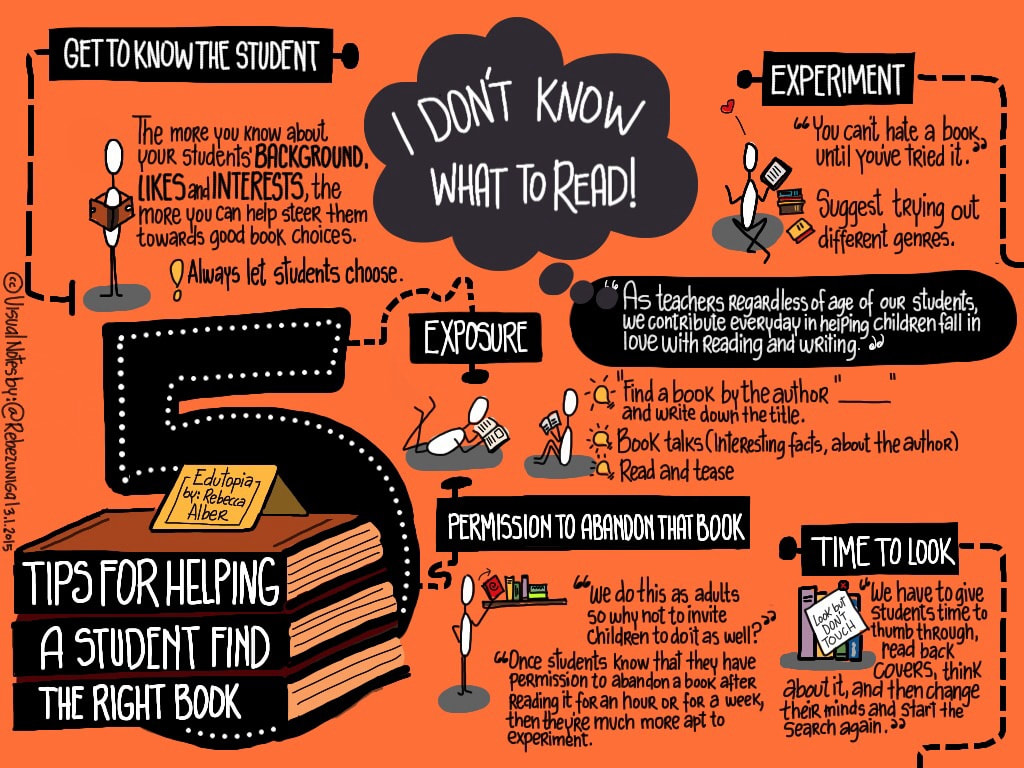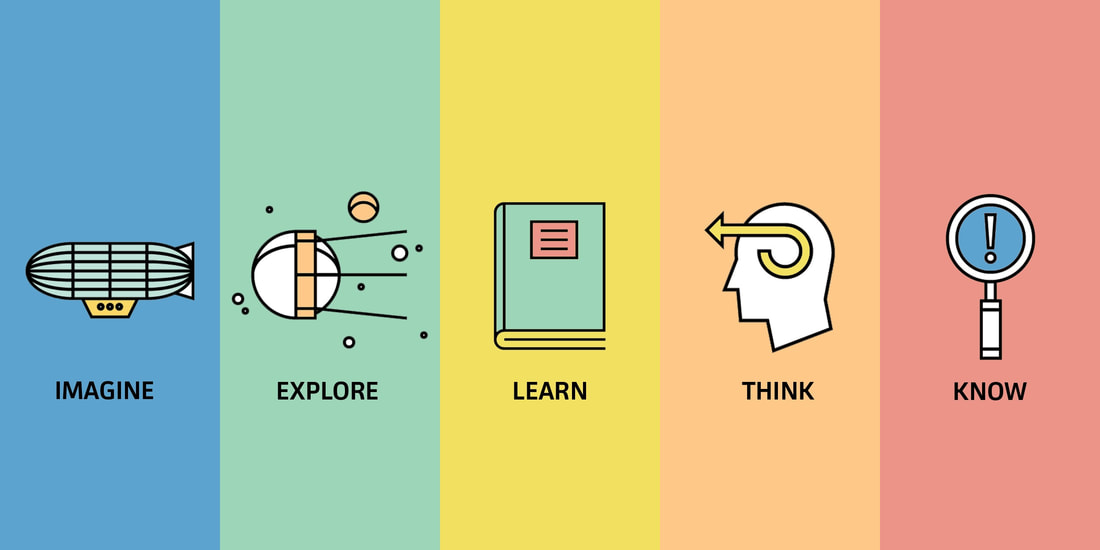| Unityoga.org |
Be intentional |
Know why you're doing what you're doing. |
touchstones 9-12"Knowing what to do... is really only part of the equation. The other half is knowing when and why to do it."
" ...the importance of teachers reflecting on their own practices...asking themselves why they are doing what they're doing in the classroom..." "...being able to provide research based rationale for every instructional strategy (chosen)." -Goodwin & Hubbell (2013) Touchstone Summaries and Evidence-Based Explanations Taken Directly from the Appendix in The 12 Touchstones of Good Teaching: What They Look Like and Why They're Important, Goodwin & Hubbell (2013)
|
|
|
WHY IT'S IMPORTANT
|
9. "A few wasted minutes per class period can add up to weeks of lost learning time. Time on instruction has a greater effect on student achievement than socioeconomic status. Even more important is academic learning time - the actual time students are on task and learning."
|
10. "The goal of learning is deep knowledge - the ability to connect ideas, see patterns, and apply learning in novel situations - which, in turn, is key to memory. Effective teaching strategies do not always work; they must be applied with intentionality according to the knowledge teachers are helping students develop."
|
11. "Research shows one key to elite performance is having a coach pressing performers to concentrate their practice on areas where they're needed most. Research has also found a much stronger effect for practice than homework, which suggests that homework assignments should be constructed as opportunities for deliberate practice."
|
12. "When students do not have opportunities to extend and apply what they have learned, their new knowledge tends to fade from memory. The ability to solve complex problems or heuristic tasks is prized in the work world and by students, who are more engaged when given opportunities to learn through real-world application."
|
12 Touchstones - navigation
|
Unityoga.org
one Y? one answer... |



